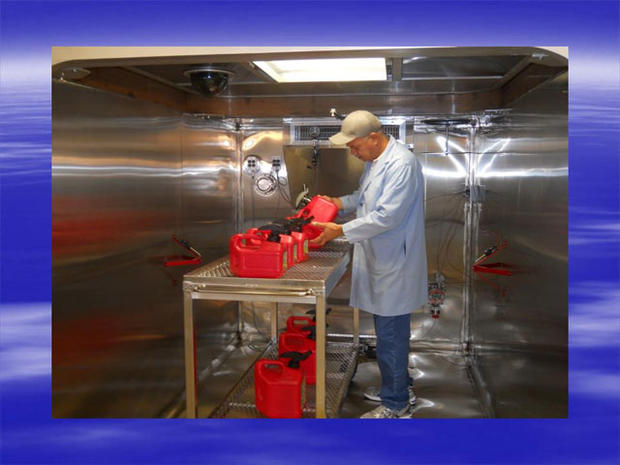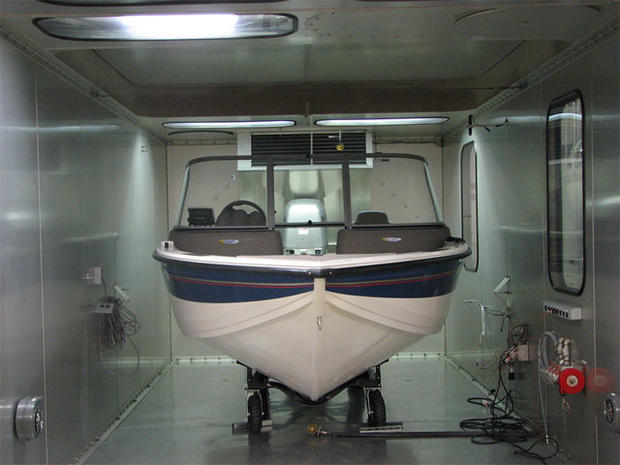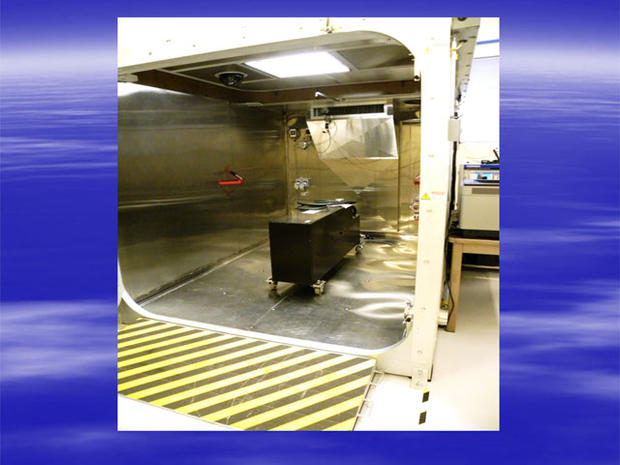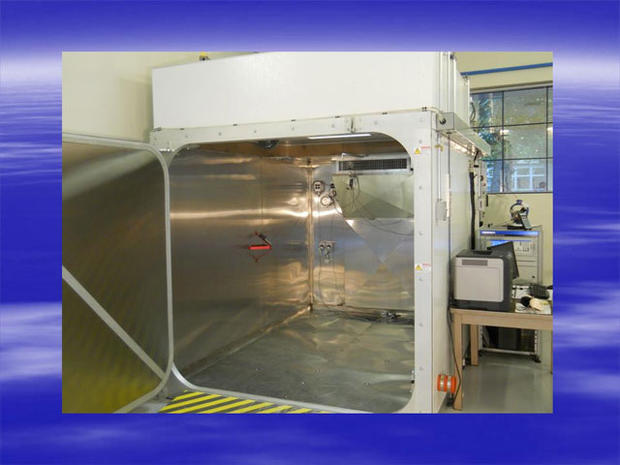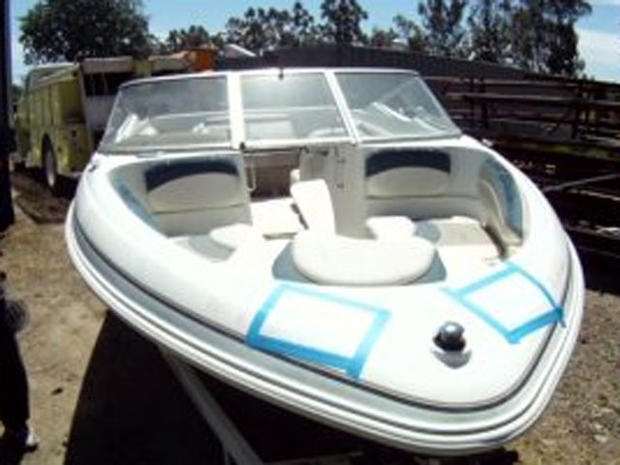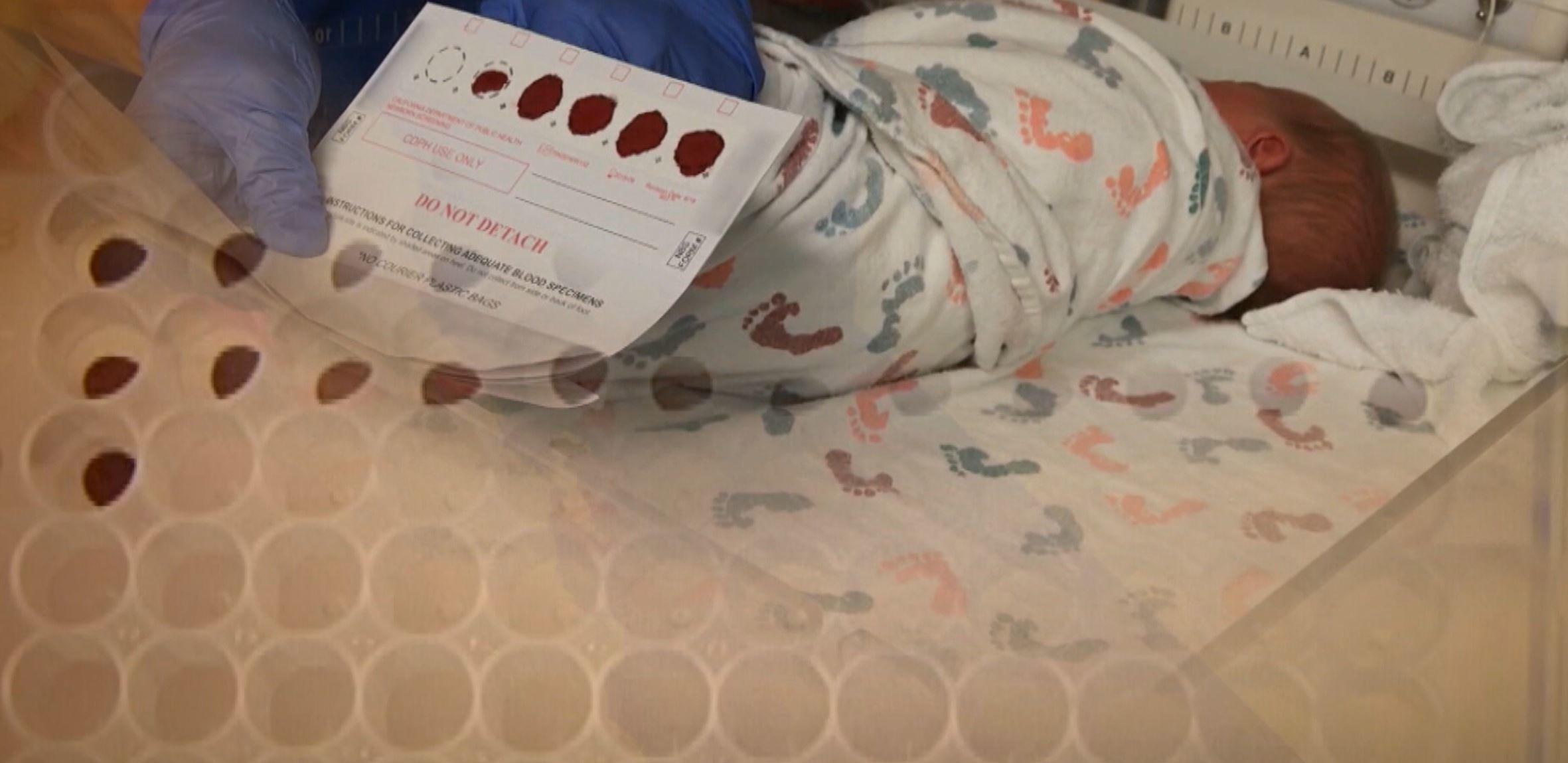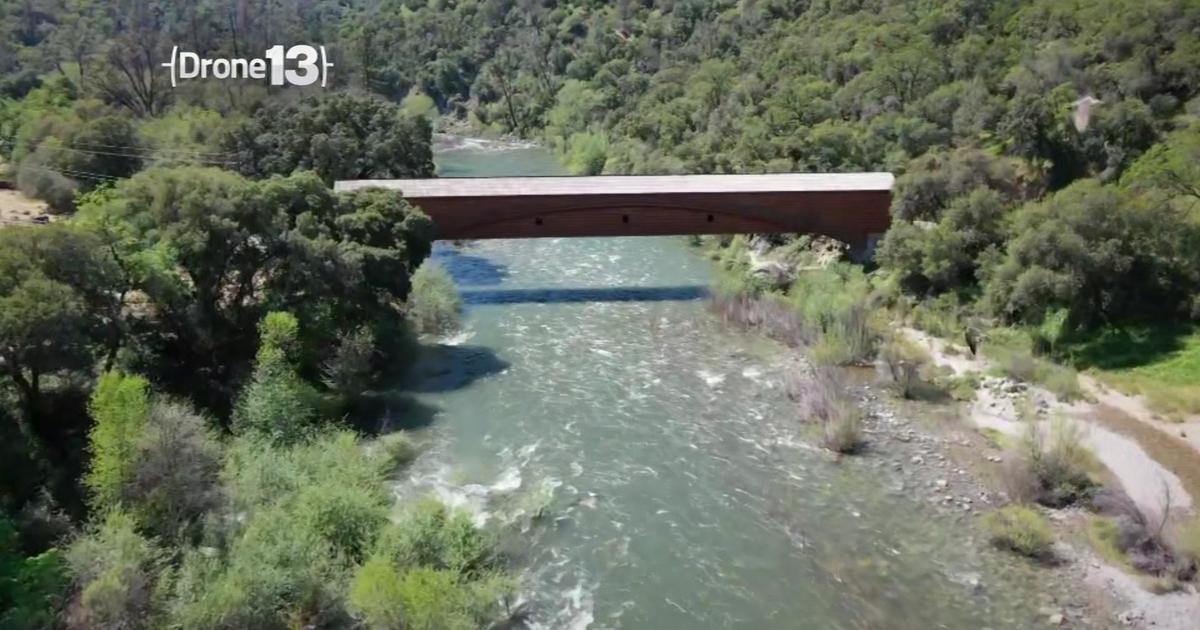On The Money: Boat Auction
Are Taxpayers Getting Soaked?
California is spending hundreds of thousands of dollars to test power boats that hardly ever hit the water – but the resale value of those boats is causing a big splash.
CBS 13 recently visited a government auction that offered plenty of good deals for buyers interested in pleasure craft vessels. *On The Money* used a hidden camera to take viewers inside a Davis facility where the Department of General Services recently sold several boats previously owned by the California Air Resources Board.
One of the vehicles included a 2004 Glastron SX175 Stern Drive, sold at auction for $3,800 – more than $600 below the recommended range sale price established by the Air Resources Board. That made the boat sale a bargain - considering the Air Resources Board bought it for more than double that price – at $9,000 according to documents provided by the Department of General Services.
DGS also sold a 1988 Galaxie 1850V Stern Drive for just $1,200, after the Air Resources Board purchased it for nearly three times that price, at $3,500.
The boats have barely been in the water – instead they have been tested in sheds for nearly two years.
It's all part of an air quality program by the Air Resources Board (ARB), which shelled out $294,432 for 32 boats, as documented by DGS.
But *On The Money* discovered that after testing, 9 of the 14 boats sent to auction, were sold well below the Air Board's recommended sales price range.
"I'm sure money could be better spent than buying boats and then reselling them almost new for just pennies on the dollar," said Richard Stevenson, a lifelong boater and frequent critic of the Air Resources Board. He questions the use of public funds to buy power boats.
"I don't know why they'd be spending that kind of money," Stevenson told CBS 13. "The state doesn't have any money."
*On The Money* wanted to know why so many boats have been sold at such bargain basement prices.
"Why sell them for below the range price?" I asked Air Resources Board spokesperson Dimitri Stanich.
His response: "I can't speak to that. I can only speak to the rationale for buying the boats and what we're testing for."
The Air Resources Board initially couldn't explain the deeply discounted sales prices for the nearly new boats. But later, in a statement to CBS 13, ARB spokesman Stanley Young said
"The sales prices range is to determine approximately what the boat could sell somewhere in the nation. But when a boat is sold at auction, it does not always fetch within that range: That is a function of the local market, who is at the auction on a given day, how many buyers show up, any number of conditions and elements. This is true of cars as well, of course."
Young added, "We included a price range as a general guide to know approximately what it could sell for on the retail market. It might be more accurate to say that the price range of a particular boat sold in Sacramento at the date it was sold is the price it received at auction.
That's the real market price."
The Board defends testing power boats that are not in use. The focus, the Board says, is on gas fumes created from evaporation in the fuel lines.
But what has the Air Resources Board found so far?
"We are still in the testing stage. We can't assess them," Stanich told CBS 13. He added, "We are basically gathering the data and then the data goes to a different section with ARB to assess overall impact on air quality in California."
Air pollution is a major problem in California, where the state endures, "billions and billions of dollars every year from the health costs in lost work days, lost school days from the impact of air pollution," Stanich explained.
The Air Resources Board says the testing will result in new standards for boats, with the goal of reducing organic gases that have a negative impact on air quality.
But critics say the State should be getting more money from the sale of those boats. In response, the auctioning agency - the Department of General Services - provided a statement to CBS 13. DGS spokesman Eric Lamoureux said, "Our experienced bidder will start the bidding based on a price they believe the vehicle is worth and ultimately we will sell the vehicle for fair market value."
In previous reports, *On The Money* raised questions about why the State is buying – rather than leasing – power boats for testing purposes.
"The logistics of it is that it was found that it was wiser and cheaper to purchase these and test them in this route," ARB spokesman Dimitri Stanich told CBS 13. "It was an absolute necessity to buy these in that we had to keep them for two years. Engineers had to make adjustments to the engines themselves in order to allow them to run outside of water, but within a shed. And renters are not likely to allow us to do that to their equipment."
Stanich added, "Recreational boats are almost 9% of reactive organic gases emitted into California's air. These recreational vehicles have traditionally not had any emissions controls on them and by requiring this – we're just asking manufacturers to meet some requirements that will benefit the public health."
Critics like Richard Stevenson don't dispute that controlling pollution is an important environmental goal. It's the methodology that he questions. "I'm sure that money could be better spent," he told CBS 13.
If you see questionable government spending, send us an e-mail to onthemoney@kovr.com. You can also follow *On The Money* stories in progress via Twitter at twitter.com/mikeluery.
